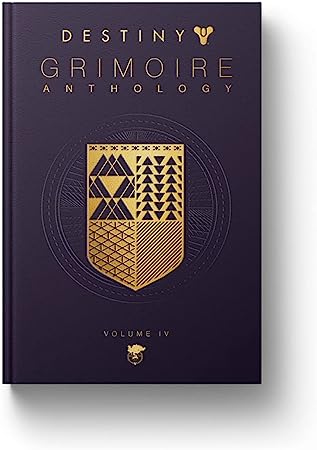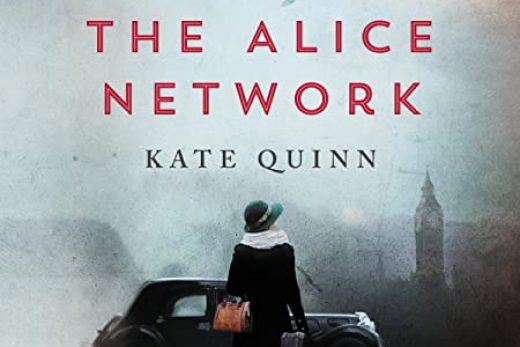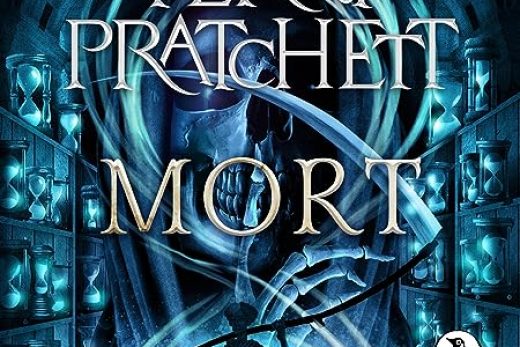In the vast world of literature, few authors can capture the essence of human struggle and desire for freedom as masterfully as Ken Follett. One of his most captivating works, “A Place Called Freedom,” transports readers into the harsh reality of the 18th century, where the quest for liberty becomes a life-defining journey. This essay will delve into the gripping narrative, exploring the novel’s themes, character development, and historical context, as well as answering some common questions related to the story.
“A Place Called Freedom” follows the lives of two characters from vastly different backgrounds: a Scottish coal miner named Mack McAsh and a rebellious English noblewoman, Lizzie Hallim. The novel showcases their intertwining fates as they both strive to break free from the shackles of societal expectations and forge their own paths.
Follett’s skillful storytelling highlights the harsh reality of the coal mining industry in 18th century Scotland. Workers, bound to their masters in a form of indentured servitude, toil under dangerous and inhumane conditions. This backdrop serves as a powerful catalyst for Mack’s relentless pursuit of freedom and justice, which ultimately leads him to cross paths with Lizzie, a woman trapped in her own gilded cage.
The novel’s historical context adds depth to the characters’ struggles. Follett brings to life the complex socio-political landscape of the era, from the burgeoning American Revolution to the oppressive class system that governed the lives of the protagonists. This rich tapestry of history serves as a reminder that the human spirit has always been driven by an unyielding desire for freedom.

A: The novel’s captivating storyline, well-developed characters, and historically accurate portrayal of the 18th century make it an engaging and thought-provoking read. Readers are drawn into the story by Follett’s vivid descriptions and emotionally resonant themes of struggle, perseverance, and liberation.
Q: How does Ken Follett’s writing style contribute to the novel’s impact?
A: Follett’s writing style is immersive, with richly detailed settings and characters that come to life on the page. His ability to weave intricate plotlines with historical accuracy and emotional depth makes “A Place Called Freedom” a compelling and rewarding read.
Q: Can the themes of “A Place Called Freedom” be applied to contemporary society?
A: Absolutely. The novel’s themes of personal freedom, social justice, and the pursuit of one’s own destiny are timeless and resonate with readers in any era. By exploring these themes in a historical context, Follett encourages readers to reflect on their own lives and the world around them, fostering a deeper understanding of the universal human desire for liberty and self-determination.








